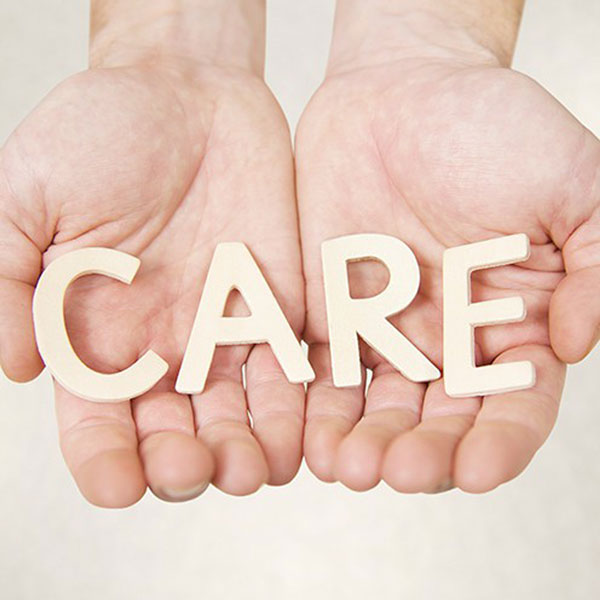By REGINA D. Posvar LPN,RNA
Q: DEAR Regina, my very dear friend lost her mother to this awful disease of Alzheimer’s six months ago. My friend has always been a vibrant woman and active in our church. She has a wonderful family and relatively comfortable lifestyle. Our families are very close and spend a lot of time together. She was very close to her mother and when her mother was diagnosed with Alzheimer’s eight years ago we all supported her. During this journey it has been a difficult one but with many good memories.
It is true that we all have experienced the loss of her mother slowly as the disease took her in the end. She is a great loss to us all. I am worried about my friend as her sadness has not lightened at all. I am lost and do not know what to say to her anymore. My friend is going into her own shell and seems to show no interest in spending time with us or even her own family. Is there something we can do to help her? Or is this normal?
A: First, I am so sorry about your loss. Losing someone from dementia is many years of losing that person, so the grieving happens at each change in decline of your loved one. When death arrives the grieving process starts over.
The initial task of loss for some people has a general structure. But everyone experiences grief differently unique to them. There are no expectations on how one should grieve or how long are should grieve. However this is the usual structure:
• Shock – numbness, denial, disbelief, hysteria, inability to think straight
• Protest – strong, powerful feelings of anger, guilt, sadness, fear, yearning and searching
• Disorganization – overwhelming bleakness, despair, apathy, anxiety and confusion
• Reorganization – you gradually return to normal functioning but feel differently
The grieving process has a general process of:
• Accepting the loss
• Working through and feeling the physical and emotional pain of grief
• Adjusting to living in a world without the person or item lost
• And then moving on with life
This is not an easy process and distinguishing between grief and clinical depression is also a challenge. Grief is usually a roller coaster and involves a wide variety of emotions and a mix of good and bad days. Symptoms that suggest depression, not grief may look like:
• Intense pervasive sense of guilt
• Thoughts of suicide or preoccupation with dying
• Feelings of hopelessness or worthlessness
• Slow speech and body movements
• Inability to function at work, home, and/or school
• Seeing or hearing things that are not there
Your dear friend seems to still be feeling the pain and hasn’t worked things out quite yet. Talk to her and find out if her sadness has her feeling hopeless or worthless. It is ok for her to feel sad. The pain never goes away. Dealing with day to day life does get easier. If you are still worried and she is not functioning with daily tasks, get her to see her doctor. Depression could be settling in. Continue being the good friend you are. She may need to talk about her mom’s good memories and how she would want her life to be. Sometimes a professional is better at getting people to open up about loss of a loved one. Do not be ashamed of seeking professional help for her.
Q: Dear Regina, I am not a caregiver but I frequently see a woman at my shop and her daughter informed me that her mom has dementia. I just want to know how I should talk to someone with dementia.
A: Always speak clearly: Alzheimer’s disease does not cause deafness, but speaking too fast can be hard to understand. So just talk normal but a little slower. I would try using social small talk conversations as they may be able to engage easier.
• If repeating stories happens smile and listen.
• If asking if they told you, say “tell me about that”
• Be patient if they forget your name. Don’t test them: tell them your name and who you are if they look frustrated.
• Always use a kind and gentle tone of voice.
• Smiling and body language can be easily understood; be sure to smile often!
• Approach them from the front
• Address them by name to get their attention.
• Keep eye contact.
• Ask one question at a time.
• Use hand gestures when instructions are not understood, such as a demonstration for hand washing
• Never ask them “do you remember?”
You can also pull the daughter to the side discreetly asking for a chance to know a little about her mom’s history to have conversations about things that she can remember. It always makes a person feel good when they can fluently share something they are not struggling to remember.
Brain Quote: Worrying won’t stop the bad stuff from happening, it just stops you from enjoying the good.













